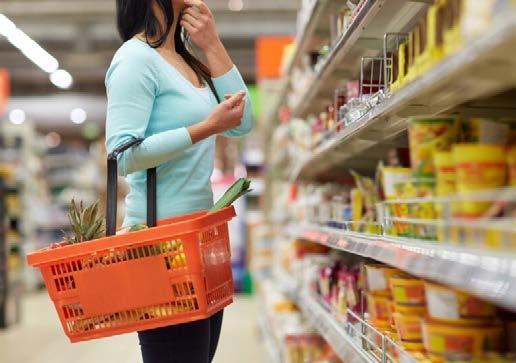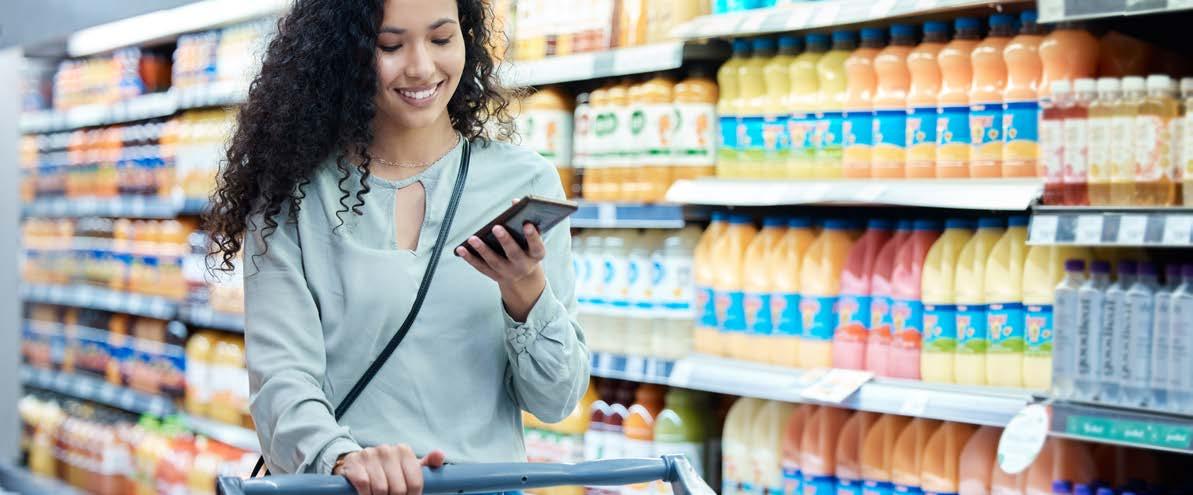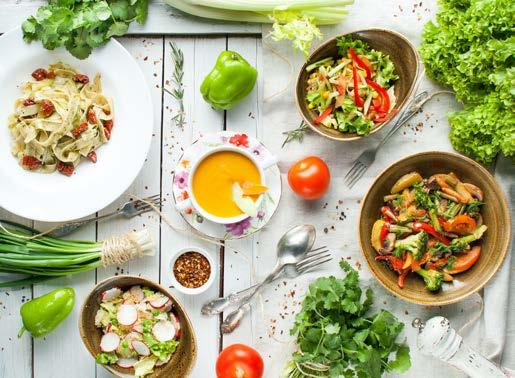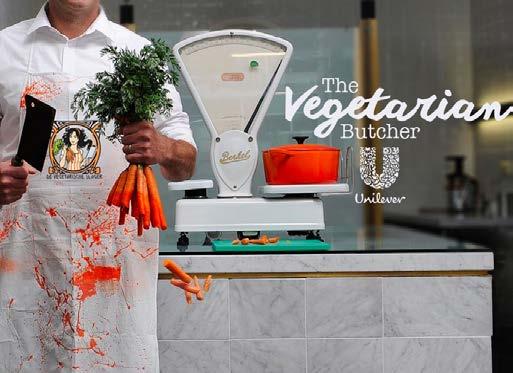
2 minute read
Own-Labels gaining ground
from SPN June 2023
by spnews.com
Sustainable packaging and the cost of living
There have undoubtedly been some welcome and eyecatching initiatives on plastics reduction from retailers and FMCG manufacturers in the last couple of years. For instance, Morrisons’ decision to ditch ‘bags for life’, a move it claims saves 3,200 tonnes of plastic per year. Yet it is hard to escape the feeling that overall progress has been lacklustre. That is certainly the view of MPs who, in November 2022, criticised supermarkets and their suppliers for being “too slow” in a report on ending the toll of plastic waste. There is an unpackaged elephant in the room: the cost of living crisis. Rising prices and affordability concerns have seen sustainable packaging slip down the agenda.
Advertisement
Market research firm Kantar recently found that the cost of living crisis has dented eco-shopping habits, noting a decline in the number of ‘Eco Active’ shoppers for the first time in the four-year history of its report.
It comes as no surprise that many consumers have sought to save money by switching from branded products to supermarket own label. Asda found that within a few weeks of launching Just Essentials in summer 2022, 33% of its shoppers had products from the own label line in their baskets.
Environmental protection
Sustainability remains important to shoppers, and brand and product marketing is still awash with eco-claims. These had better be whiter than white – or perhaps greener than green would be more apt, as intolerance of greenwashing continues to grow. Trade magazine The Grocer reported on 10 February 2023 that the greenwashing crackdown is on, “with everyone from watchdogs to financial investors placing the claims of food companies in their crosshairs.” The Competition and Markets Authority, for instance, will be scrutinising everyday product labels for misleading green claims.
Meanwhile, one strand of the UK’s Environment Act seeks to protect rainforests and clean up supply chains by banning companies operating in the UK from using products grown on illegally deforested land. There is a feeling in some quarters, however, that these aspirations do not go far enough.
The European Commission is considering proposals under which companies selling products derived from poultry, cattle, palm oil, soy, maize, cocoa and other foodstuffs must verify they were not produced on deforested or degraded land. A higher bar than “illegal” deforestation.
Plant based alternatives
While many people have been forced into making changes to their shopping habits by the cost of living crisis, there is also evidence that consumers are being more proactive in adopting a more sustainable lifestyle. Deloitte research finds that consumers have significantly increased their focus on buying just what they need, which of course also ties in with financially-driven belt-tightening, and on reducing meat consumption.

Decline in meat eating at least in part reflects the ongoing rise of veganism, vegetarianism and ‘flexitarianism’. Globally, the vegan food market is projected to expand at a compound annual growth rate of 10.6% from 2022 to 2030.

Food giant Unilever, which owns the Vegetarian Butcher brand and has been adding vegan options to the product range of some its most prominent brands such as Ben & Jerry’s and Hellmann’s, is committed to an annual $1 billion sales target from plant-based meat and dairy alternatives within five to seven years. Mars, meanwhile, launched vegan versions of its Topic and Bounty bars in time for this year’s Veganuary, while Cathedral City launched its first plant-based cheese in September 2022. These launches are just the tip of the iceberg given that NPD of plant-based products is thriving in response to rising demand for meat-free options.











